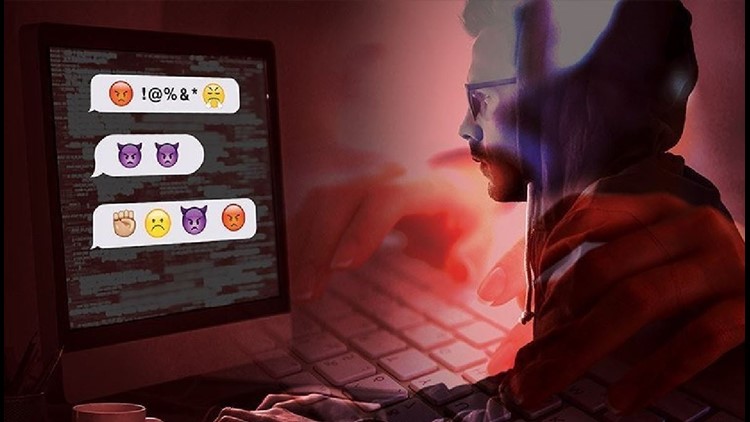(CNN Money) — Cyberbullying continues to be a major problem. In fact, four in ten U.S. adults say they’ve been harassed online.
According to a new study from the Pew Research Center, online abuse is as rampant as ever, despite efforts by major tech companies like Facebook and Twitter to cut back on trolling and bullying.
The study, which was conducted among 4,248 U.S. adults, revealed name calling and embarrassment as the most common forms of online harassment.
Among those who’ve been harassed, about 18% of U.S. adults said they have been the target of severe behaviors such as physical threats, stalking and sexual harassment. About 66% said they witnessed harassing behavior online — not surprising since much of the bad conduct occurs on public social media platforms.
Many survey respondents cited damaging effects as a result of harassment, including mental and emotion distress. More than a quarter of U.S. adults have decided not to post something online after seeing others being harassed.
In an attempt to combat trolls, Twitter has introduced new features such as muting and blocking options, a “safe search” tool that stops abusive tweets from showing up in feeds and one that prevents serial abusers from making new accounts. Instagram recently announced a tool that wipes offensive comments and a filter that removes spam in comments.
Study participants shared different views on how to address the problem. Nearly 80% of respondents said online services should step in when harassment happens on their platforms, and 43% believe law enforcement should take these issues more seriously.
People were also divided about how to balance speaking freely online with making people feel safe and welcome.
“Americans simultaneously want concrete solutions and safe spaces online, but they’re protective of free expression,” said Maeve Duggan, author of the report and research associate at Pew Research Center. “Given the spectrum of documented experiences with online harassment — from the mild to the severe — people sense there’s no one-size-fits-all remedy.”



